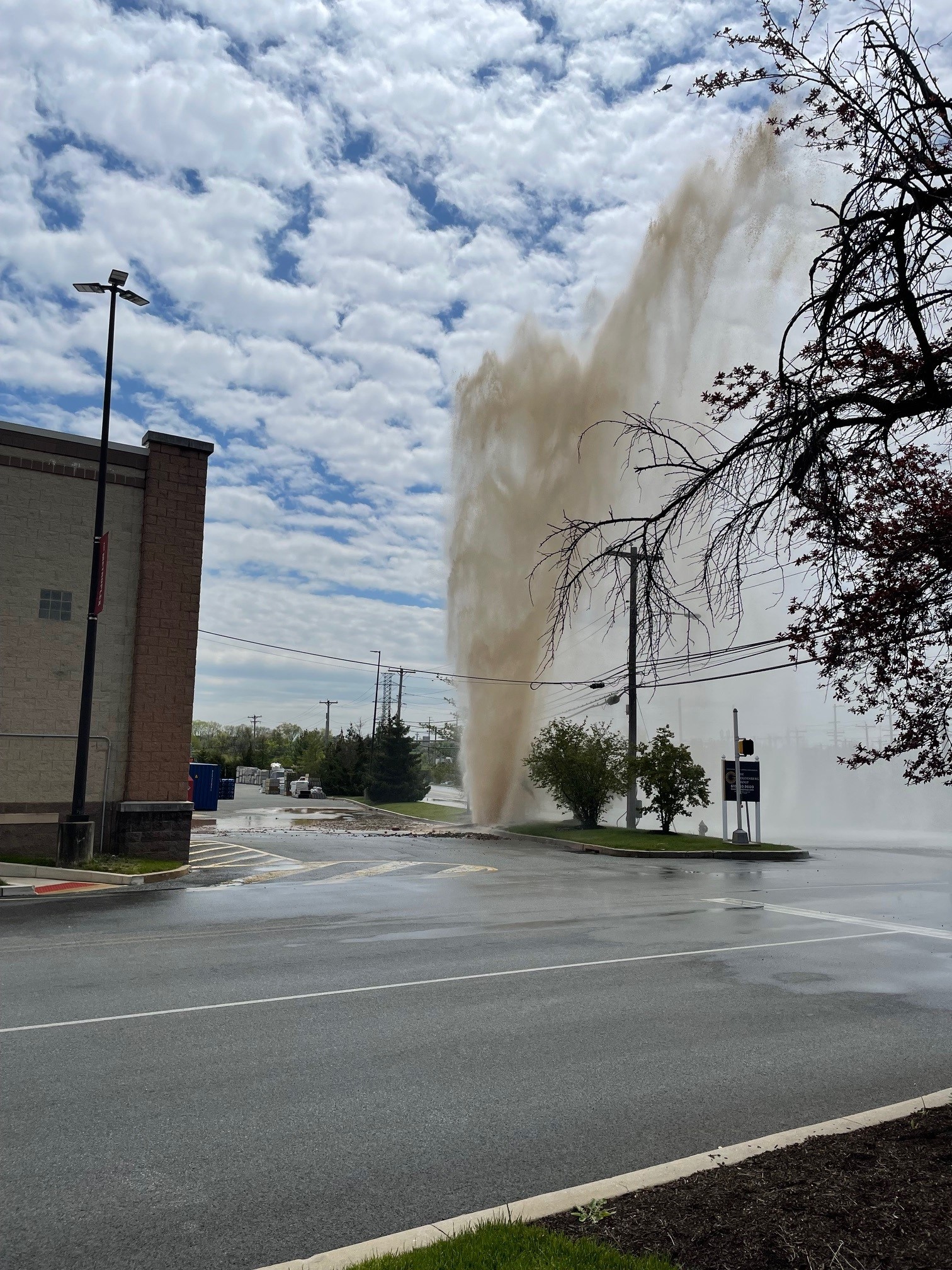Philadelphia is one step closer to adopting a long-awaited plan to fight blight.
A City Council committee gave preliminary approval Monday to legislation establishing a "land bank," an agency that would serve as a clearinghouse for 10,000 abandoned lots, houses and buildings now owned by the city government.
Dozens of residents, developers and faith leaders waited in unusually long lines outside City Hall to pack Council's chambers in support of the land bank. They said it is difficult to navigate the myriad city agencies that currently control real estate, which prevents it from being developed.
Supporters from the Campaign to Take Back Vacant Land, a coalition strongly backing the proposal, dressed in matching yellow T-shirts to show their enthusiasm.
At the same time, some land-bank advocates worried that the current legislation would give Council too much power over real estate or even add red tape, particularly due to negotiations that they said took place at the eleventh hour.
Land-bank testimony
Circle of Hope pastor Rachel Sensenig said that a land bank would help community groups revitalize the city's derelict land. She spoke passionately about the impact of blighted property on her everyday life.
Local
Breaking news and the stories that matter to your neighborhood.
"There's a huge vacant lot right next to my house that attracts garbage, stray animals and drug activity. My children play right next to this space every day," she said. "If this land bank bill is passed as is, we'll have the support we need to turn this blight into fresh food for the neighborhood. Currently, we've been stalled by the labyrinth and legal process."
Germantown block captain Emaleigh Doley said she is also optimistic that a land bank could reduce blight in her area. There are six abandoned properties on her street: Four have been behind on their taxes since the 1980s, she said, and two are owned by the government.
"What are the chances they'll ever be redeveloped under our current system?" she asked.
Developer Barbara Capozzi said the city's current land sales are arduous even to her.
"You shouldn't have to know somebody to get one of these parcels," she said. "You shouldn't have to be a realtor, you shouldn't have to be a lawyer and you shouldn't have to be a developer. Frankly, I'm all three, and I would walk away from this process every day of the week."
Capozzi said that the land bank envisioned by Council is not perfect, though. Brookings Institution senior fellow Alan Mallach agreed that it is not a panacea, but argued that it could have a big impact nonetheless.
"People who expected land banks to turn around distressed Rust Belt cities like Flint have been disappointed," said Mallach. "But Philadelphia is different, and because Philadelphia is different, creating a strong, effective land bank at this moment could be a major boost for the city's economy."
Amendments discussed
During the hearing, lawmakers floated a number of amendments to the bill.
Under the legislation ultimately approved by Council's public property committee, the land bank would need to obtain approval from both Council and the city's Vacant Property Review Committee before selling real estate — which some say adds an unnecessary step.
"It is a major and potentially fatal setback," said Ellen Kaplan, vice president of the government watchdog group Committee of Seventy. "The bill builds new layers of bureaucracy onto a process that is already too cumbersome and inefficient."
Kaplan also said that a land bank could strengthen Council members' immense power over real estate in their districts through the practice known as "Councilmanic prerogative," which she sees as non-transparent and unpredictable.
Some anti-blight advocates said that the decision to include both the VPRC and Council in the disposition process caught them by surprise.
Rick Sauer, executive director of the Philadelphia Association of Community Development Corporations, said he expected that the lank bank would need to get an OK from Council before selling property, but not from the VPRC as well.
"There's always negotiations that happen at the last minute," said Sauer. "It is a significant bill that came out of committee, and we are supportive of the bill. Now we need to do further review on whether [the VPRC] slows down the disposition process by adding another step."
Councilmanic input
Seventh District City Councilwoman Maria Quiñones-Sánchez, the bill's sponsor, circulated an amendment Monday morning that would have left the VPRC out of the mix.
Council President Darrell Clarke pushed for it to stay, according to Sánchez. Jane Roh, Clarke's spokeswoman, said Council members wanted the VPRC to remain "in order to make it a public process via hearings."
Sixth District Councilman Bobby Henon, chair of the public property committee, said the approved legislation reflected countless conversations among Council members. He said he believes the VPRC would not stall land sales.
Henon also said that lawmakers are still mulling an idea to require Council to approve all acquisitions by the new agency. If Council later decided to add that to the process, or remove the VPRC from it, it could do so before creating the land bank.
Henon said that critics should not lose sight of the fact that lawmakers have taken a big step toward tackling blight.
"There were some who thought that the bill would never even be heard in committee," he said.
Sánchez, whose North Philadelphia district includes an abundance of vacant properties, said she is pleased that the land bank cleared a major hurdle.
"Many people thought [Council] couldn't get through zoning reform," she said. "Many people thought we couldn't get through AVI, and at some point today, many of us thought we couldn't get through this hearing."
Sánchez said she expects the bill to pass by the end of this year.
This story was reported through a news coverage partnership between NBC10.com and NewsWorks.org



